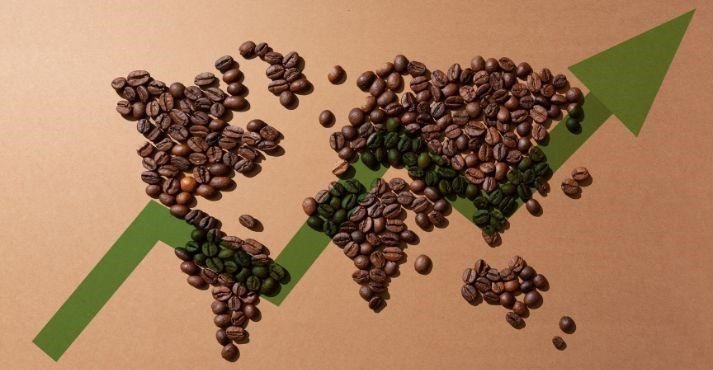Coffee is more than just a morning ritual—it’s a global industry that connects farmers, traders, cafes, and consumers. Over two billion cups of coffee are consumed every day, making it one of the most valuable commodities worldwide.
Countries like Brazil, Vietnam, and Colombia are the largest coffee producers, supplying beans to markets across Europe, North America, and Asia. Millions of small farmers depend on coffee cultivation as their primary source of income, making the crop vital to local economies.

Beyond economics, coffee has become deeply ingrained in cultural identity. From Italian espresso bars to Turkish coffee traditions and American café culture, the beverage serves as a symbol of hospitality, creativity, and community. Specialty coffee shops are thriving, with consumers seeking unique flavors, sustainable sourcing, and artisanal brewing techniques.
Sustainability is now a major focus in the coffee industry. Climate change threatens coffee production by altering weather patterns, reducing suitable farmland, and increasing pests. To counter this, organizations are promoting fair trade practices, eco-friendly farming, and technological innovation to support farmers.
The future of coffee will likely combine tradition with innovation, preserving its cultural value while addressing global sustainability challenges.



